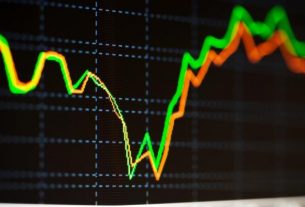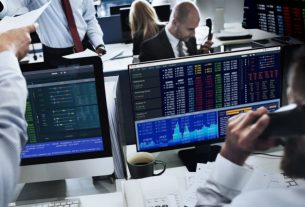The research into human conduct, which has typically fit in with the umbrella of psychology, would seem to own little relationship with overall costs.

But, after we learn more about how a brain works together with the twin disciplines of neuroscience and psychology, likely to growing marriage with the idea of overall costs, so that you can better understand how people make financial decisions.
It’s evolved considerably lately which is an emergent field that requires just a little introduction and explanation.
The conventional take a look at overall costs and financial decision-making
It is usually forgotten in overall costs the area should really really cover the conduct of people when designing financial decisions.
The conventional economist’s view is the world is populated by unemotional, logical, decision makers, who always think rationally in drawing their conclusions. This view is underpinned with the knowing that human conduct displays three key traits: unbounded rationality, unbounded self-discipline, and unbounded envy.

It’s always traveled when faced using the findings of cognitive and social psychologists, who requested these assumptions dating back the 1950s.
While using rise of behavioural neuroscience since the 1980s (especially Kahneman’s work) offering more knowledge of the workings in the brain, we are now more sure than in the past in regards to the role that emotion and bias plays in many decision-making: from simple day-to-day decisions like which dress to use, to bigger decisions that may affect many individuals.
Overconfidence and optimism are a handful of kinds of behavioural traits that can result in sub-optimal financial decision-making, and divert within the traditional model used. Individuals are also shown to create poor decisions, even when they understand it is not to get the best, because of inadequate self-control.
Causeing this to be where behavioural overall costs has already established the opportunity to a part of and modify the majority of the beliefs in the traditional economic views.
What’s behavioural overall costs – and the way does it help?
Behavior overall costs and behavior finance browse the outcomes of mental, social, cognitive, and emotional factors on economic decisions.
This may affect individuals or institutions, and involves searching within the effects for market prices, dividends, and resource allocation.
In the three traits of human conduct incorporated inside the traditional model outlined above, unbounded rationality has become special focus, with new understandings inside the field brought on by neuroscience.




